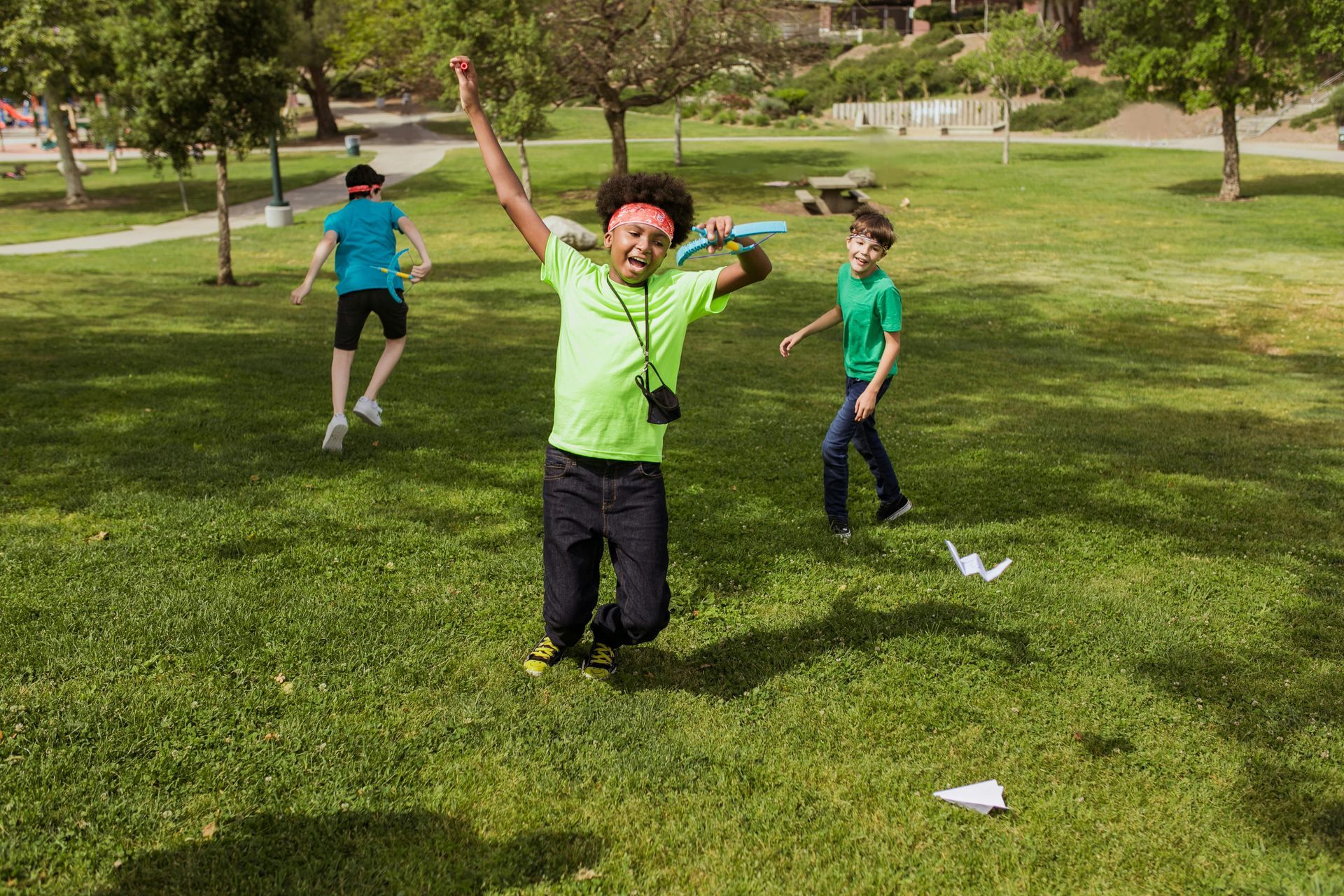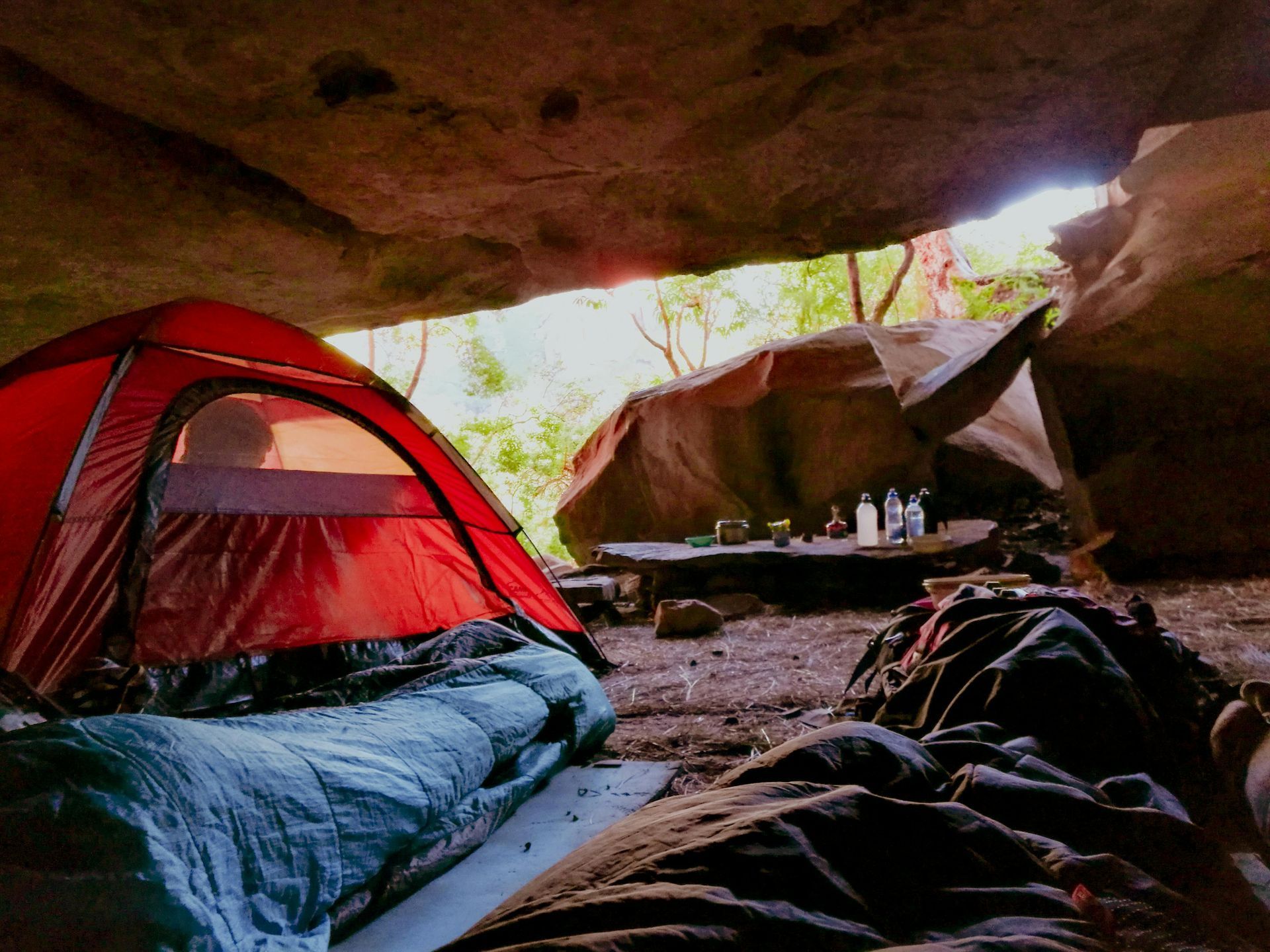The Biggest Risk of All
When Teachers Don't Know What They're Doing

When we don’t know what we’re doing and we’re expected to manage risk, we have a massive problem. How can we be expected to put systems in place and plan for contingencies if we don’t understand the situation or context?
Many teachers find themselves in this exact situation. At this point, the major operational risk comes from the person in charge, rather than the inherent risks of the activity itself. We don’t let inexperienced drivers get behind the wheel without training, so why are so many teachers allowed to run sports, excursions, and activities with no idea, training, or experience?
The increased risk comes from a person making things up as they go, which is never a good approach to school excursion risk management.
The Inexperience Hazard: A Case Study in the Valley
A number of years ago, my group came across another school just finishing an expedition in Kangaroo Valley. In talking with them, we quickly realised they had absolutely no idea what they were doing.
Their entire "risk management plan" was apparently based on the fact that one teacher saw a snake on a walking trail, so they decided to go canoeing instead. I want to laugh, but on that exact same river, I once saw a 3-metre Eastern Brown Snake in the water. Basing your entire risk decision on a single, misunderstood sighting is idiotic, to be perfectly honest.
Essentially, these teachers had been out on a multi-day canoe expedition with no specialist instructors, no maps, no communication devices, and no backup plans. They were relying entirely on luck, hoping everything would run perfectly. Unfortunately, trips like this go out every day with no real understanding of the risks involved.
The Solution: Building Competence Through Training and Tools
The only way this sort of situation can be avoided is through training and experience. If an organisation is sending staff out unprepared, they deserve everything they get if something goes wrong.
1. Foundational Risk Management Training for Teachers
Schools don’t allow untrained teachers in the classroom, so why do they allow them in the field? Whether the teacher is leading the activity or not, they must understand the principles of risk management outside the classroom. They need to be trained and experienced in both general and activity-specific risk management to run awesome, rewarding educational programs.
2. Structured Planning with the Right Software
Training provides the mindset, but tools provide the structure. Effective school excursion risk assessment software acts as a digital guide for teachers, ensuring critical steps aren't missed due to inexperience. A platform like Xcursion Planner prompts leaders to consider all aspects of the plan for their camps, sports, and trips, including:
- Logistics and transport.
- Student medical and dietary needs.
- Contingency plans for multiple scenarios.
- Communication protocols.
This creates a comprehensive and defensible operational management plan, moving beyond guesswork and into professional practice.
The risk of not knowing what you’re doing is far too great, and frankly, negligent. If you feel like you don’t understand the risks involved or just need a refresher, then get some training. Combine that knowledge with professional planning tools so you can confidently manage risk and run incredible, educationally rich programs for all your students.











